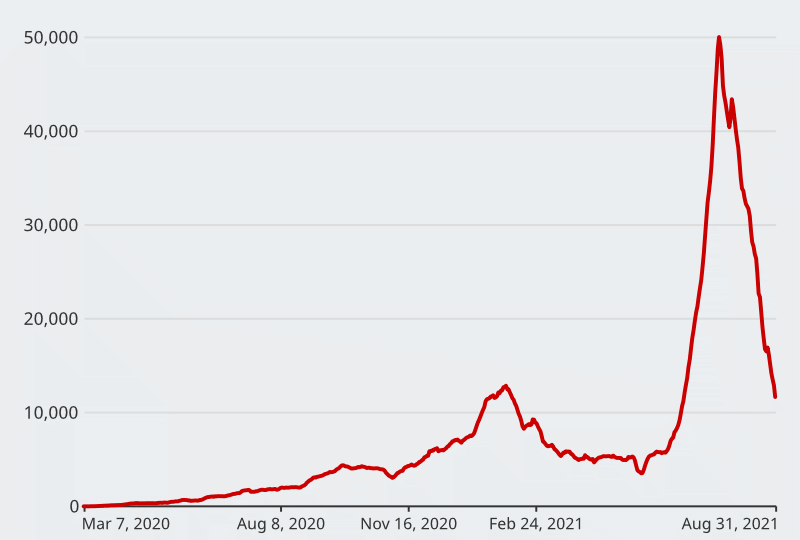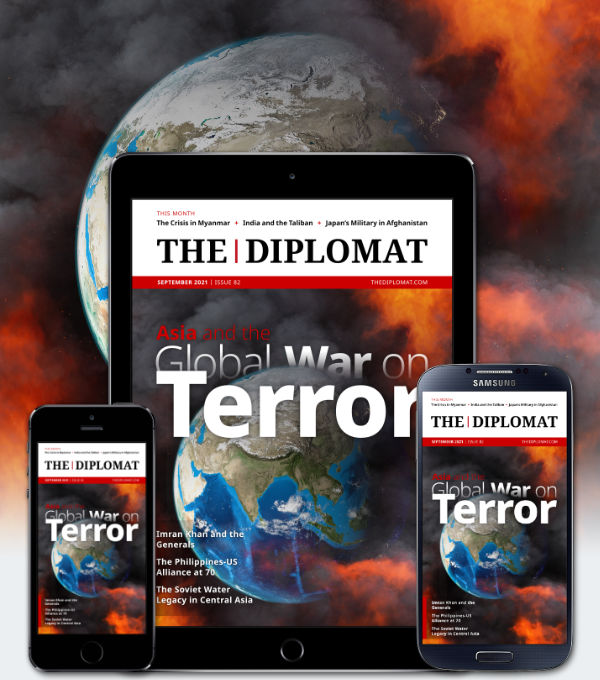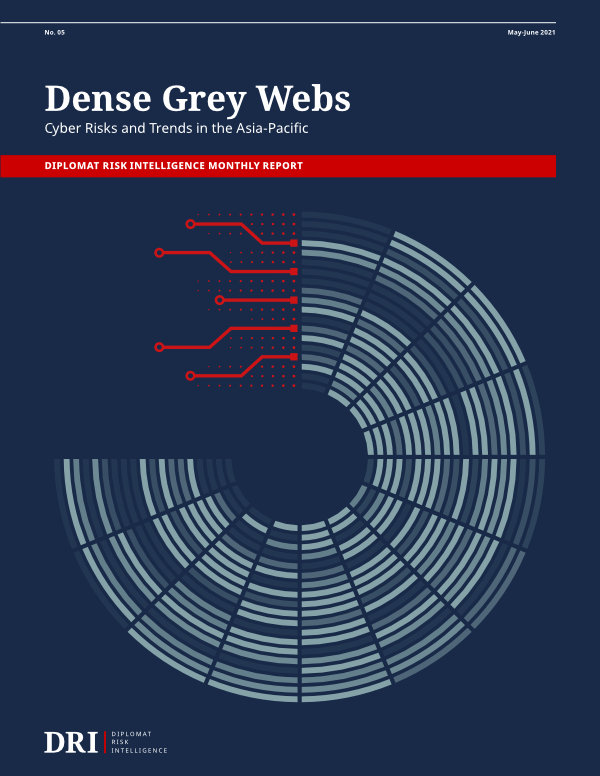| Welcome to the latest issue of Diplomat Brief. This week our top story looks at how the Arakan Army is setting up local administration over the territory it controls in a fractured Myanmar. We also have an interview with Elizabeth Threlkeld, deputy director of the South Asia Program at the Stimson Center, about Pakistan’s regional gameplan following the fall of Afghanistan. |
| Story of the week |  | POLITICS Arakan Army Seeks to Build ‘Inclusive’ Administration in Rakhine StateWhat Happened: Seven months since the military coup in Myanmar, the political wing of the rebel Arakan Army (AA) has significantly expanded its administrative and judicial mechanisms across Rakhine State in western Myanmar, with hundreds of its personnel now effectively administering the region independently of the military junta that rules in Naypyidaw. It’s a fascinating case study of how one ethnic armed group is moving from violent resistance to governance. Our Focus: According to its commander-in-chief, the AA is implementing “a governance mechanism with strong institutions for public administrative affairs including administration, judiciary, and public security.” For many locals – Arakan and Rohingya alike – it’s a welcome change. “People have been treated with discrimination by the previous successive governmental departments, including the police and the soldiers,” Khaing Kaung San, founder and executive director of the Rakhine State-based Wan Lark Foundation, told The Diplomat. “Right now, the existence of the AA with its newly introduced Judiciary and Complaints System weakens the arbitrary acts.” What Comes Next: Can the AA truly create a model of effective – and inclusive – governance in the violence-plagued Rakhine State? And what happens when the Tatmadaw look to take back the ground they have lost? The military junta had sought AA’s support, but instead of allying with the Tatmadaw the AA looked to consolidate control over its base in Rakhine State. A potential counteroffensive from the Tatmadaw could mark a return to the violence that has already displaced more than 230,000 civilians in the past few years. Read this story |
| Behind the News | INTERVIEW Elizabeth ThrelkeldElizabeth Threlkeld, senior fellow and deputy director of the South Asia Program at the Stimson Center, on what a Taliban government in Kabul means for China-Pakistan relations: “While Pakistan views the Taliban takeover as a positive development, China is less sanguine... Pakistan will remain a useful go-between for China given its ties to the Taliban, but the group’s rise could put a strain on the ‘iron brotherhood.’” Read the interview |
| Webinar | The Diplomat Asks Where Does the China-India Border Dispute Stand?Over the past months, China and India have continued the slow process of disengaging along sections of their disputed border in Ladakh. How do things stand along the border today? Join us on September 2 at 8 a.m. U.S. Eastern time for an expert overview of the past, present, and future of the Sino-Indian border dispute, and the implications for China-India relations writ large. Sign up for the webinar |
|  |





